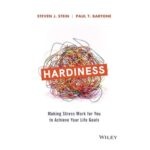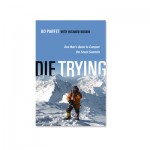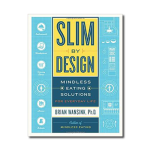I recently had the pleasure of interviewing Alan Weiss the co-author with Marshall Goldsmith of a new book entitled “Lifestorming-Creating Meaning and Achievement in Your Career and Life“. This is a practical handbook for becoming the person you want to be. You will discover what it takes to redesign your life, friends, behaviors, and goals in order to move closer to your goals.
Alan and I discuss the evolutionary journey, and a very important question: To what extent is your journey one of internal control, and to what extent one of external control? I believe this concept alone is one of the most important elements that one must master if they are going to master their life. As Alan states are you taking a “random walk” through life, or do you have high control and are one of those people that creates your world, or are you mutually creating your world. No matter your purview of your world, it would be best to have high control if you want to make something of yourself.
If you want to change behavior, Alan states that most studies have found that it’s very difficult to merely change poor behavior. It’s much more effective to substitute a more positive behavior. Change for its own sake makes little sense. The key is to determine the salutary result that makes the change worthwhile.
I hope you enjoy the lively and engaging dialogue with Alan Weiss the co-author of “Lifestorming-Creating Meaning and Achievement in Your Career and Life“. If you want to learn more about the book you can click here to be directed to the book website page. If you want to learn more about Alan Weiss please click here or Marshall Goldsmith click here.
Thanks so much for listening, enjoy the podcast!













